SUMMARY
This is AI generated summarization, which may have errors. For context, always refer to the full article.
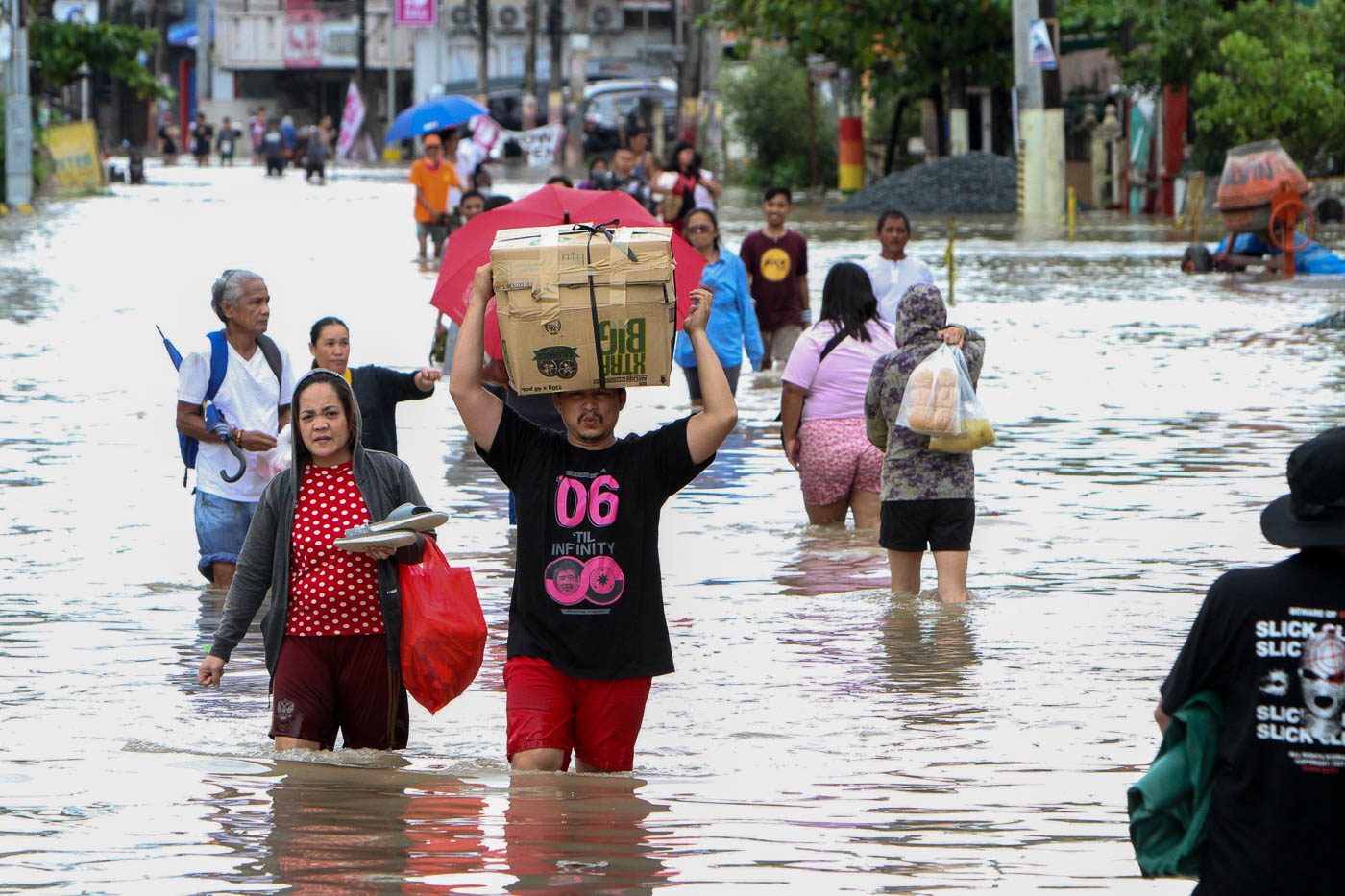
MANILA, Philippines – With floods induced by Severe Tropical Storm Paeng (Nalgae) leaving many areas wet or damp, the Department of Health (DOH) in Calabarzon, one of the worst-hit regions, warned the public of a possible increase in related diseases.
The DOH Center for Health Development called them WILD:
- Water-borne and food-borne
- Influenza-like
- Leptospirosis
- Dengue
DOH Calabarzon Director Ariel Valencia, in an advisory on Monday, October 31, shared the following tips on how the public could protect themselves from these illnesses. They are basic precautions, shared every time heavy rain and floods come, but they are worth being reminded about.
Water-borne, food-borne illnesses
- Threats of cholera and diarrhea increase during the floods.
- Drink clean, potable water.
- Observe proper sanitation.
- Take food safety measures.
Influenza
- Individuals crammed in evacuation centers are most vulnerable to influenza since cough, colds, and fever can spread easily.
- Wash your hands regularly.
- Wear face masks, and dispose them properly.
- Maintain physical distancing.
- Immediately inform authorities at evacuation centers when you start showing symptoms, so they can have you checked and isolated.
Leptospirosis
- You get this when you have open wounds and scratches, and then bathe and wade in flood water where rodents have likely urinated.
- Stay indoors as much as possible.
- If it’s necessary to evacuate or go out, ensure suitable clothing: boots, jacket or raincoat, and other protective gear.
Dengue
- Rainwater may have become stagnant in cans, bottles, and old tires, becoming breeding grounds for dengue-carrying mosquitoes.
- Search and destroy mosquito-breeding sites.
- Employ self-protection measures, like wearing long pants and long-sleeved shirts, and using mosquito repellent.
- Consult at the onset of symptoms.
- Allow fogging/spraying in hotspot areas to prevent outbreaks. Hotspots are places where an increase in dengue cases has been recorded for two consecutive weeks.
Finally, Valencia said: “Pay attention to official TV, radio, or local government announcements/warnings. Most of all, keep your immune systems strong, eat healthy food, and increase physical activity.” – Rappler.com
Add a comment
How does this make you feel?






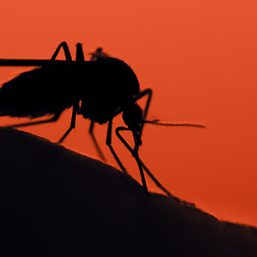




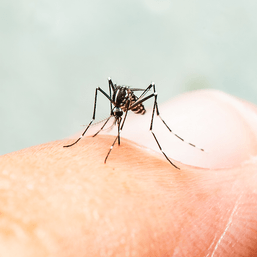

![[Free to disagree] Ending victimhood](https://www.rappler.com/tachyon/2024/05/TL-Ending-victimhood-May-20-2024.jpg?resize=257%2C257&crop_strategy=attention)
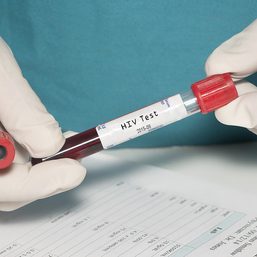
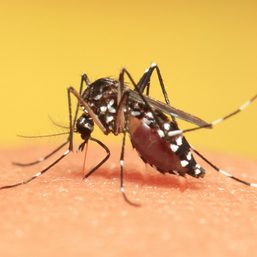

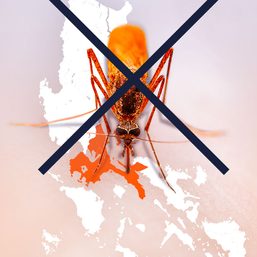





There are no comments yet. Add your comment to start the conversation.